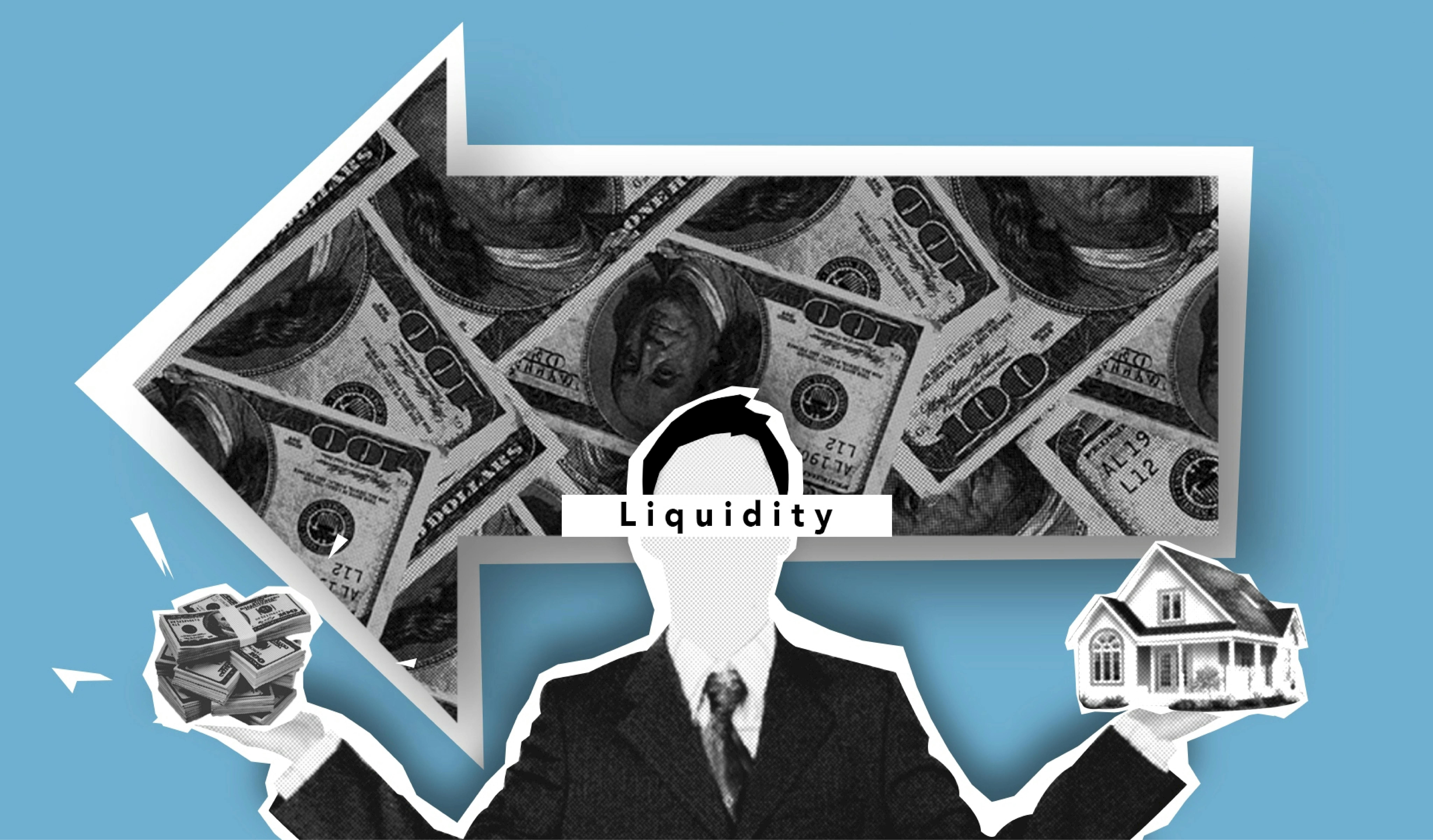Even without the threat of foreclosure or bankruptcy, consumers are already burdened with so many additional fees and hidden costs in their everyday expenses that it’s increasingly difficult to keep up with all the monthly bills. From cell phone and other service disconnection fees, to rising costs on credit cards and other personal loans, to government expenses that must be financed, it can seem like people work half the year for the government and the other half the year. increases for your various involuntary expenses.
Cell phone rates have really skyrocketed in recent years, although the cost of breaking a contract has always been unreasonable. Homeowners who have no choice but to pay off luxuries like cell phones to keep up with their mortgage payments can face fees of more than $200 for each line they cut. This can add up to more than half a mortgage payment if each family member has their own personal line. Then it becomes a matter of continuing to pay on the cell phone just to avoid paying even more in cancellation fees, but either option will create a drag on the monthly budget and lead more quickly to foreclosure.
Disconnection and termination fees apply even to many other technology services, such as satellite TV, cable, or DSL Internet. In good economic times, homeowners can indulge in these somewhat useless little luxuries; however, when their finances take a turn for the worse, they will feel trapped by these services, each of which can carry several hundred dollars in termination fees. Too often it seems like the choice is between making a $1,000 monthly mortgage payment, paying $400 in various luxuries for a month, or paying $900 in various luxury termination charges. For cash-strapped homeowners, “none of the above” may become the default option (literally).
Credit cards have also started to increase costs in many ways. First, the minimum monthly balance for many lines of credit has been doubled in an effort to encourage consumers to pay off credit card balances in less than 187 years, as was the case with previous minimum requirements. But for homeowners who were able to earn just the bare minimum or a little more, these increases can be too much, leading to credit card delinquencies. Second, credit card fees have also increased as financial centers have realized that these fees represent the most profitable aspect of plastic death traps. Over-limit fees, late fees, annual fees, etc., are pure profit makers for banks, even if they lead directly to bankruptcy, collection, or foreclosure.
Government at the local level has also been raising costs in the face of budget crises due to the foreclosure debacle. Property taxes, which had risen from the wave of inflated home values and further suburbanization of former farmland, will bring in less money as homeowners become renters and property values fall. Instead of cutting some of the services or tightening their belts, as the private sector will have to do during a recession, governments have been raising fees or trying to make up for lost revenue in other ways.
Government fees are most likely increasingly being generated through arbitrary police activities, such as handing out more speeding tickets at the risk of catching fewer actual violent criminals. Petty drug offenses can lead to more asset forfeitures, as the government simply confiscates anything of value and refuses to return it to its original owners. The news has been reporting recently on the seizure of assets in safe deposit boxes by governments, as well as states that have reduced seizure times for unclaimed assets from over a decade to just a few years. Since the government produces nothing and only takes from one set of people to reward another, such actions are not especially surprising, but they are unsettling during an economic slowdown after a huge increase in income during the housing boom.
The expenses mentioned so far don’t even account for any of the fees homeowners face when they start to default on their mortgages. Banks immediately apply late fees to owners’ accounts, which then begin to accrue interest. Homeowners who do not pay late fees and interest on the charges, but continue to make normal monthly payments, will begin to fall further and further behind, as their payment only covers the originally calculated principal and interest, not the continuing interest. accrued in past late fees.
But if missing a mortgage payment is bad, foreclosure is much worse. Once the bank hires local lawyers to file the lawsuit in court, legal fees are immediately added to the mortgage balance. These can start at a few thousand dollars, but can end up in over $10,000 before homeowners figure out a way to stop foreclosure or lose their home. Court costs can also add substantially to the mortgage balance, as filing fees, sheriff’s costs of sale, and eviction costs are charged to homeowners, making it increasingly unlikely that they will be able to raise enough money to pay the debt. With lenders reluctance to short sell and loan modification programs failing, the foreclosure crisis is playing out like the massive land grab it is.
Therefore, homeowners in foreclosure must navigate their way through a financial maze fraught with devious traps. Even if they can avoid falling into the credit card fee pit, they can be hit with the poison dart of speeding tickets or some other trick designed to empty their wallets. The governments they established to protect them from such predators have, unfortunately, become the most powerful of all revenue-generating agents, benefiting from higher property values during the boom and increased government fees related to foreclosures. during the crisis. Banks, seeing their insolvency shown, have become more frantic to take every little bit of money they can, from $40 fees to slightly higher minimum payments.




Recent Comments